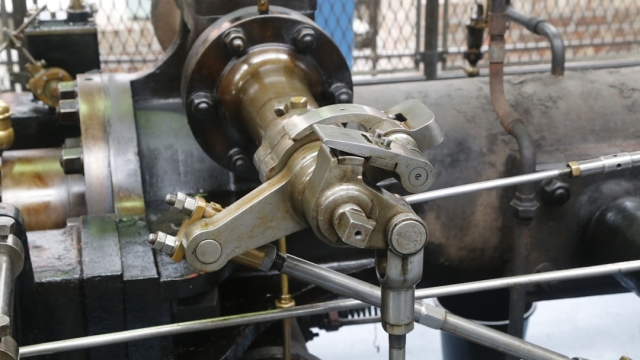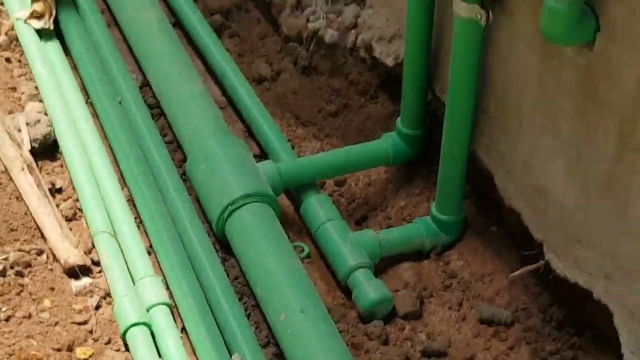Innovations in Ice Making Technology
Ice technology has become an essential component in various industries, from food preservation to pharmaceuticals. The ability to produce and manage ice effectively not only enhances product quality and safety but also plays a pivotal role in maintaining the integrity of the cold chain. As businesses continue to seek more efficient and sustainable solutions, ice technology advancements are at the forefront of innovation, providing new methods and applications that meet these demands.
Innovations in Ice-Making Technology
The landscape of ice-making technology has witnessed significant innovations that enhance both efficiency and quality. One notable advancement is the development of modular ice machines that can be scaled according to the needs of a business. These machines are designed to produce different types of ice, such as flake, cube, or nugget ice, each serving unique applications in restaurants, hospitals, and industrial settings. By having the flexibility to adjust production levels and types, businesses can optimize their ice usage according to specific requirements.
Another exciting innovation is the introduction of smart ice machines equipped with IoT (Internet of Things) capabilities. These machines can monitor their performance in real-time, providing insights on production rates, energy consumption, and maintenance needs. By utilizing data analytics, operators can predict when maintenance is required, reducing downtime and ensuring that the ice supply remains uninterrupted. This proactive approach not only enhances productivity but also minimizes disruptions in operations.
The Role of Ice Technology in Cold Chain Management
Ice technology plays a crucial role in the cold chain management industry, which is vital for preserving perishable goods. Effective temperature control is essential for preventing spoilage and ensuring product safety, particularly in the food and pharmaceutical sectors. Ice serves as a reliable cooling agent, and advancements in ice-making technology have improved the efficiency of its application in cold chain systems.
For instance, the use of insulated containers or ice packs designed with advanced thermal properties allows for prolonged temperature stability during transportation. These innovations ensure that ice maintains its cooling effect for longer periods, which is particularly beneficial during long shipping routes. Additionally, automated systems that integrate ice production with logistics can streamline operations, ensuring that ice is produced and delivered where and when it is needed, thus enhancing reliability in the supply chain.
Sustainability and Energy Efficiency in Ice Production
As industries increasingly focus on sustainability, ice technology advancements are also prioritizing energy efficiency and reduced environmental impact. Traditional ice production methods can be energy-intensive, leading to higher operational costs and carbon footprints. However, new technologies are emerging that significantly reduce energy consumption while increasing output.
One approach is the use of eco-friendly refrigerants that have a lower global warming potential compared to conventional refrigerants. By utilizing these alternatives, ice manufacturers can reduce their environmental impact while maintaining efficiency. Moreover, the integration of renewable energy sources, such as solar panels, into ice production facilities is becoming more common, allowing for a reduction in reliance on fossil fuels.
Additionally, manufacturers are implementing systems that recycle water used in ice production, further enhancing sustainability efforts. These practices not only conserve resources but also lower operating costs, making it a win-win for businesses and the environment.
Conclusion
Ice technology advancements are transforming the way ice is produced, managed, and utilized across various industries. From innovative ice-making machines to enhanced cold chain management solutions, these developments are helping businesses operate more efficiently while minimizing their environmental impact. As the demand for sustainability and energy efficiency continues to grow, the evolution of ice technology will play a pivotal role in shaping the future of industries reliant on ice. For those looking to explore more about these advancements and how they can be implemented, resources such as CNI Ice Technology provide valuable insights and solutions.



